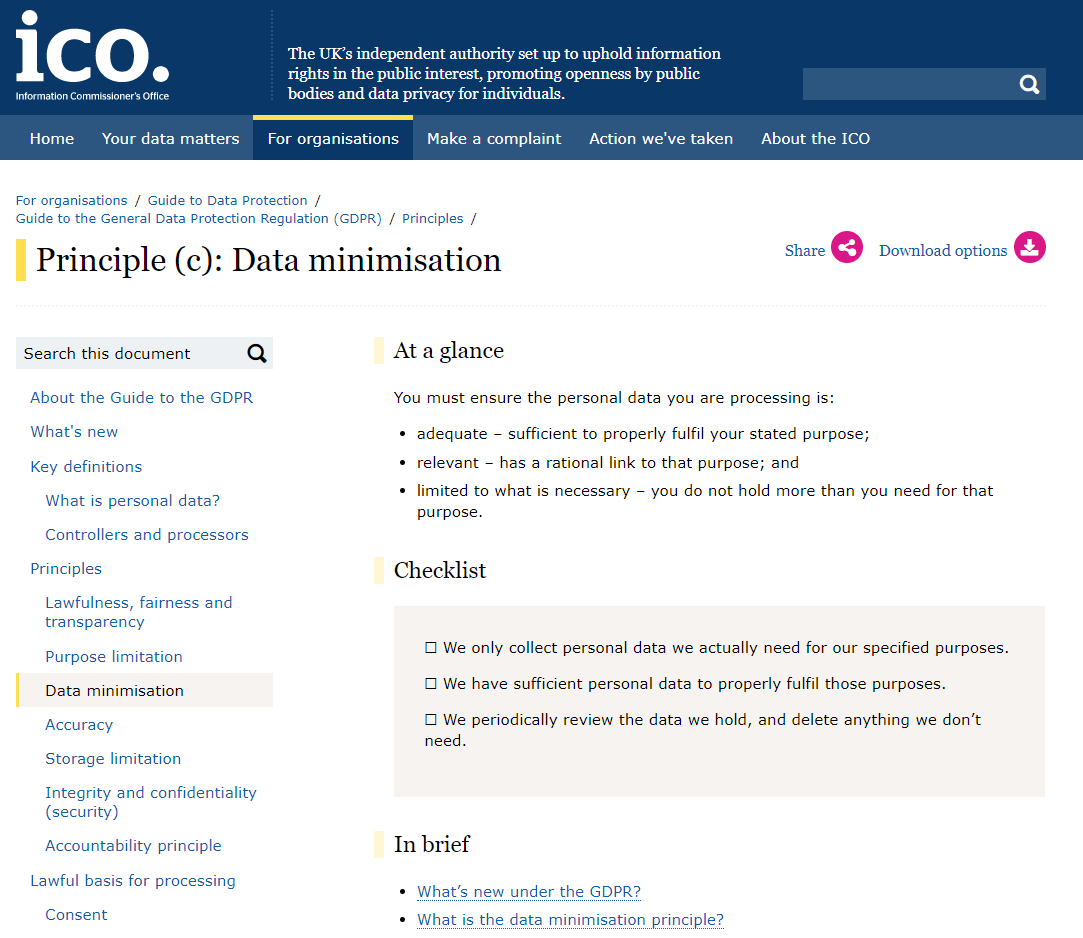1800 words by me on why I think Google are publishing their mobility reports in PDFs, and why I think that& #39;s the right decision. With an invitation for all to value the money that they and the other tech giants spend on R&D which we too often fail to. https://www.tomforth.co.uk/googlemobility/ ">https://www.tomforth.co.uk/googlemob...
Top facts I found in writing this up. In the most recent year,
* The UK public sector spent as much on R&D as Facebook. ($15bn).
* The French public sector spent as much on R&D as Microsoft. ($20bn).
* The German public sector spent as much on R&D as Amazon. ($34bn).
* The UK public sector spent as much on R&D as Facebook. ($15bn).
* The French public sector spent as much on R&D as Microsoft. ($20bn).
* The German public sector spent as much on R&D as Amazon. ($34bn).
Good to see Apple join in with publishing some data. And they& #39;ve chosen to make their data downloadable. But it& #39;s very basic. Doesn& #39;t use location of phones at all as far as I can see. Just how many people ask Apple maps for directions... so no-one doing a regular trip.
"Apple does not keep a history of where a user has been" > so they& #39;re claiming that, by design, they can& #39;t do what Google did. (though it& #39;s a suspiciously tightly worded statement).
This Apple data is another thing to add to the "really interesting conversations to have" pile. I& #39;m not convinced that they& #39;re being honest with us about not collecting the data needed to do something like Google Mobility Reports. 1/3
I suspect that Apple do collect and store such data (in aggregate) because they use it to power their live traffic reports. But they have a privacy brand to protect, and they haven& #39;t invested in the R&D needed to do the analysis that Google did. But let& #39;s say they don& #39;t... 2/3
If we think the Google data is useful (I do) then Apple& #39;s decision would challenge the principles in GDPR around data minimisation and not collecting data unless you& #39;ve sought explicit permission for a purpose. Few were predicting the data& #39;s power in a pandemic. 3/3
You can read more about data minimisation here. You should only collect personal data for a specific purpose. "For something that might happen" is rarely considered such a purpose. But you that& #39;s what you& #39;d need to have done to be prepared for this. https://ico.org.uk/for-organisations/guide-to-data-protection/guide-to-the-general-data-protection-regulation-gdpr/principles/data-minimisation/">https://ico.org.uk/for-organ...
GDPR has lots of opt-outs for exceptional circumstances of course. But the point is that to do comparative stuff, to understand changes, you will in many cases need to be collecting lots of data, most of it speculatively, with no way to gain informed consent, before the crisis.

 Read on Twitter
Read on Twitter


